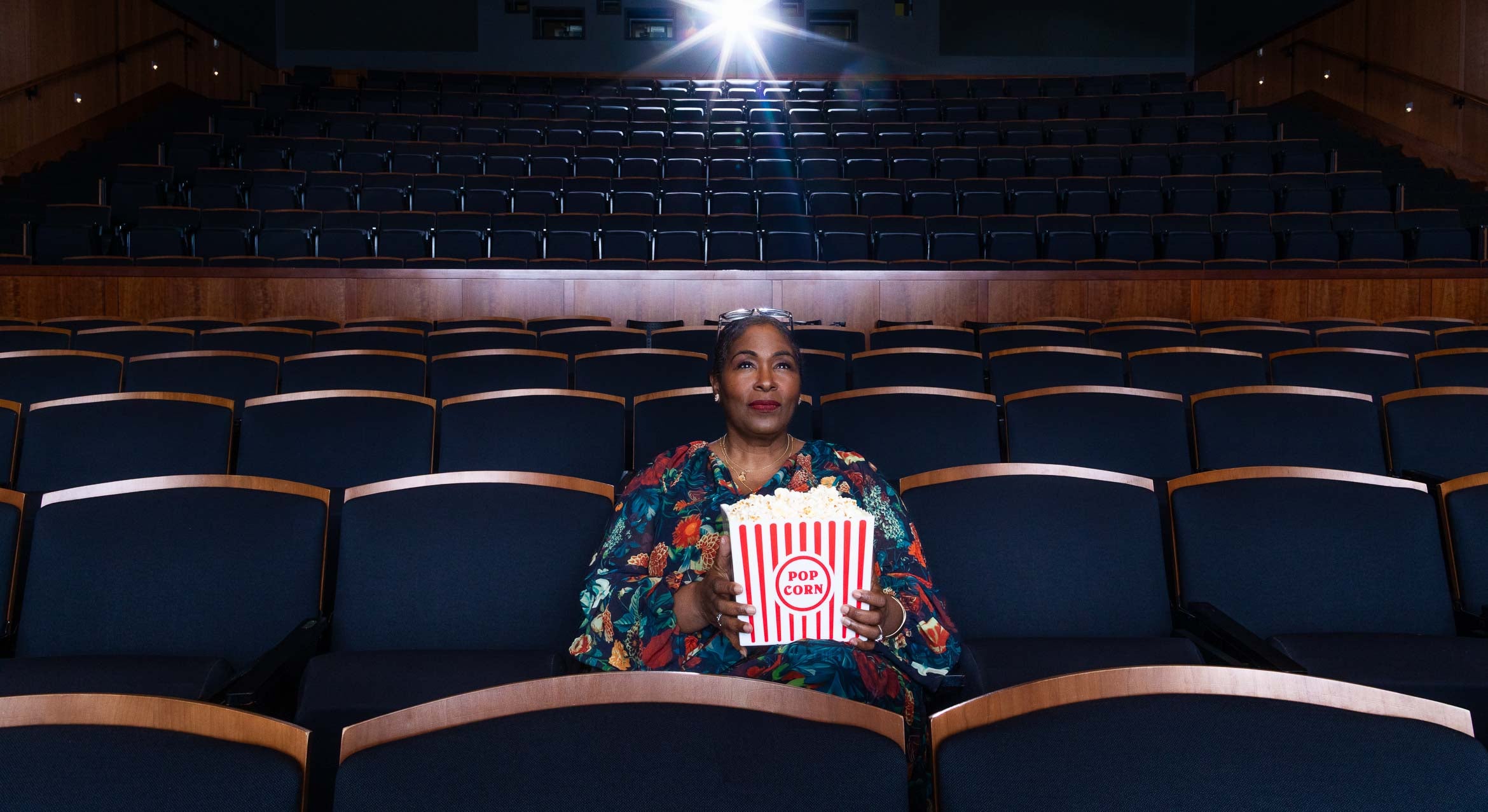
Thoreau Edition Publishes First Volume of Correspondence


In 1834, in advance of his sophomore year at Harvard, Henry David Thoreau wrote a letter to university steward Oliver Sparhawk asking that his dorm room, Hollis 32, be painted and whitewashed. He also noted that a new hearth would be greatly appreciated as well.
So begins the first volume of "The Correspondence of Henry D. Thoreau" (Princeton University Press, 2013), which initiates a three-volume set that will include every extant letter — some 650 in all — written or received by Thoreau from 1834 until just before his death in May 1862.
The volumes of correspondence are, in turn, part of "The Writings of Henry D. Thoreau," a projected 28-volume scholarly endeavor based at UC Santa Barbara's Davidson Library and under the direction of editor-in-chief Elizabeth Witherell. When completed, the Thoreau Edition will include the contents of all 47 manuscript volumes of the 19th-century American naturalist and social philosopher's handwritten Journal, his writings for publication, and other uncollected papers. The Thoreau Edition's first volume, "Walden," was published in 1971.
The letters in "Correspondence" are a virtual treasure trove of information about Thoreau's life as a writer and naturalist, and provide new angles on many ideas and themes he explored in his Journal as well as in his essays and books, Witherell noted. They also offer insight into Thoreau's relationships with others. "You watch him, in this first volume, become a much more mature writer, both in content and style," she said. "And you see him engaging with many different kinds of people, and revealing facets of his personality you don't see in anything else he wrote."
Addressing topics both lofty and mundane, the letters also provide a glimpse into 19th-century culture and economy, and therefore serve as valuable historical documents. "The letters in the new edition are fully annotated," noted Witherell. "Correspondents are identified, along with most individuals whose names appear in the letters, and full titles are given for sources that are quoted or mentioned. Current political, cultural, and economic situations to which the letters refer are described, as are relevant events in Thoreau's personal and professional life."
The most recent collection of Thoreau's correspondence came out in 1958, edited by Carl Bode and Walter Harding, who established the Thoreau Edition in 1966. "Since then, 152 new letters have surfaced, and an additional 151 are now available in their original manuscript form," Witherell said. The new edition of "Correspondence" is edited by Robert N. Hudspeth, a research professor of English at the Claremont Graduate University and professor emeritus of English at Redlands University.
The volumes of Thoreau's correspondence are critical to the Thoreau Edition as a whole because the project's mission, in part, is to present as much of Thoreau as is possible from the surviving material. "The correspondence gives you a sense of who Thoreau was in a number of different circumstances," said Witherell. "You see him revealing different parts of his personality in these letters. That's the value of including correspondence in a collection of writings by any writer."
Thoreau is one of a small group of American writers who have had a significant impact on the shape of American life, and his works form critical philosophical cornerstones of both the civil rights movement and the drive to preserve wilderness areas and natural resources, Witherell said. His thoughts and ideals continue to hold an important place in the nation's political and intellectual life, and his records of changes in seasonal phenomena have contributed significant data for the study of climate change.
Because of the importance of Thoreau's writings, the Thoreau Edition was designated a National Endowment for the Humanities "We the People" project in 2003.
More information about the Thoreau Edition, including transcripts and images of manuscripts of his Journal from 1854 until 1862 is available at http://thoreau.library.ucsb.edu.



